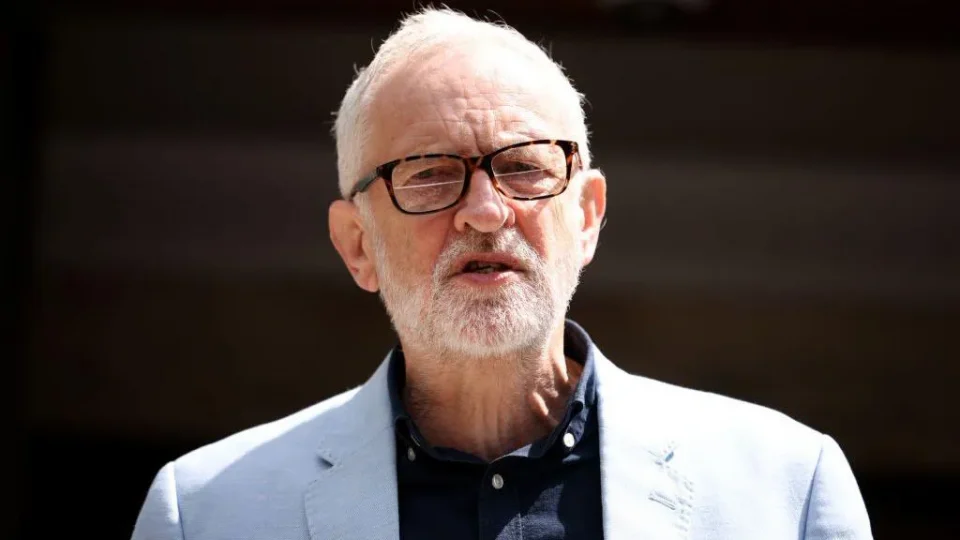Jeremy Corbyn has advocated for the implementation of rent controls as part of broader reforms aimed at alleviating the rising expenses faced by tenants in London.
The government has claimed that it is “transforming rights” with the introduction of its Renters’ Rights Bill. This legislation proposes measures including the prohibition of no-fault evictions and bidding wars, the restriction of rent increases to once per year, and the provision for tenants to challenge exorbitant rent hikes.
However, the former Labour leader, who currently serves as an independent representative for Islington North, expressed to BBC London that these reforms would still enable landlords to realize “excessive profits,” leaving tenants vulnerable to exploitation.
The National Residential Landlords Association (NRLA) has stated that any reforms should be equitable for both tenants and landlords.
In recent years, rental prices have surged to unprecedented highs, particularly in London.
One individual who has recently felt the impact of London’s escalating rents shared with BBC London that the situation could “destabilize your entire life.”
Conall Ó Brolcháin recounted having to vacate his last apartment in Tottenham, North London, when his landlord increased the rent from £1,200 to more than £1,800 per month.
“Having lived in London for five years, all in Tottenham, it was undoubtedly very stressful for both me and my partner,” he remarked. “Finding a suitable home is incredibly challenging.”
As part of the Renters’ Rights Bill, the use of section 21 notices—commonly referred to as no-fault evictions—would be revised, requiring landlords to provide legitimate grounds for evicting tenants, such as rental arrears or the intent to sell the property.
Additionally, landlords would be mandated to resolve significant issues within their properties by a specified deadline under the proposed regulations.
Nonetheless, Corbyn contended that the measures proposed do not go far enough and emphasized the necessity of establishing rent controls.
He pointed out that to comfortably afford a one or two-bedroom flat costing around £2,000 monthly in his district, an individual would need an income of £80,000.
“There were once rent controls in this country until the era of Margaret Thatcher, and cities like New York and San Francisco, along with many European countries, still have them,” he noted. “It seems like a reasonable approach to prevent massive profits from being generated in the private rental market and to protect individuals in urgent housing need.”
The government maintains its opposition to rent controls, arguing that such measures could lead to increased rents for new tenancies, complicate the housing search for potential tenants, and encourage unregulated subletting.
Ben Beadle, the CEO of the NRLA, indicated that while landlords are open to system reform, they require assurance that the proposals are sound. “I’m not too certain they feel that way at present,” he remarked.
He also pointed out that existing court backlogs result in an average wait of seven months for landlords to regain possession of their properties in cases of justifiable reasons, such as anti-social behavior.
A spokesperson from the Ministry of Housing, Communities and Local Government stated, “Our Renters’ Rights Bill aims to empower tenants to contest unreasonable rent increases. We are also implementing measures to limit advance payments to a month’s rent, eliminate unfair bidding wars, and ban no-fault evictions, ensuring that tenants benefit from enhanced security and stability in their living situations.”
For a comprehensive overview, tune in to the full report on Politics London at 10:00 GMT on BBC One or via BBC iPlayer.


